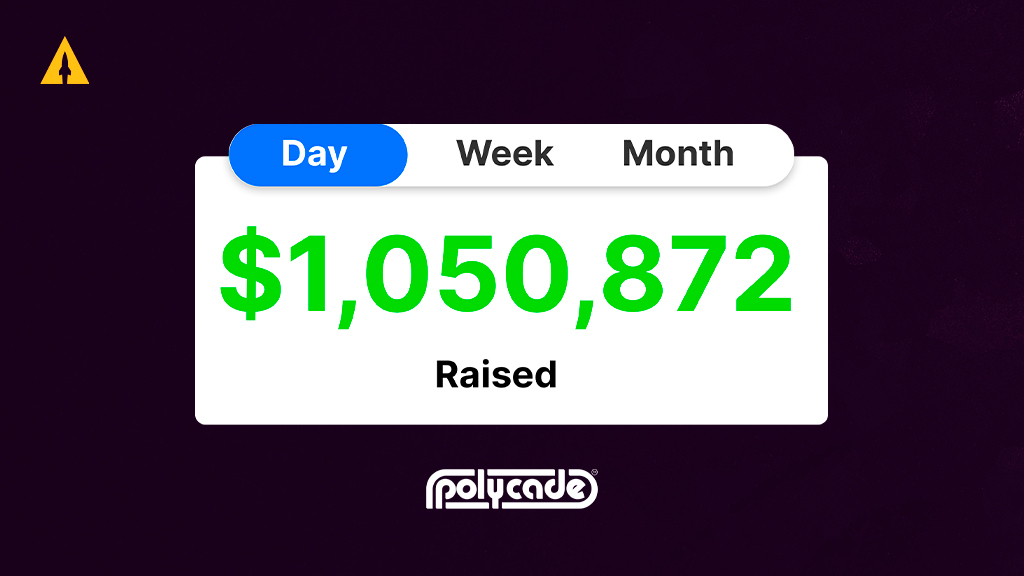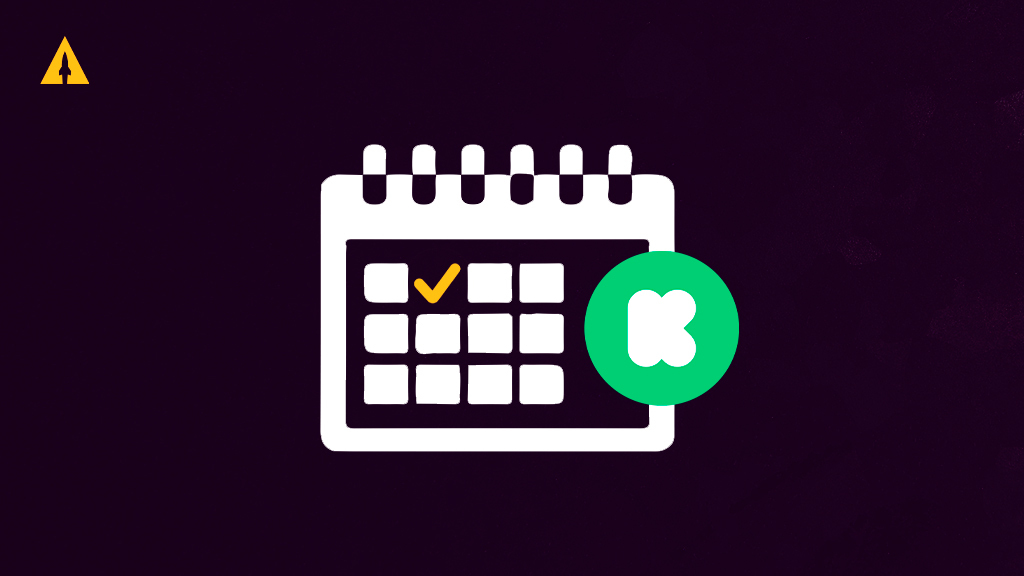Crowdfunding has revolutionized the way people fund their projects and bring their ideas to life. While Kickstarter has been the go-to platform for many aspiring creators, there are other alternatives that offer unique advantages and cater to different needs. In this article, we will explore some crowdfunding options that may be even better than Kickstarter, depending on your specific objectives and requirements.
Contents
Understanding the Basics of Crowdfunding
Crowdfunding is a method of raising funds from a large number of individuals, typically through an online platform. It allows creators, entrepreneurs, and individuals with a cause to connect with a community of backers who believe in their vision and are willing to contribute financially.
But what exactly is crowdfunding and how does it work? Let’s dive deeper into this innovative concept and explore its various aspects.
The Concept of Crowdfunding
The core concept of crowdfunding revolves around collective support and engagement. By pitching their ideas to the public, project creators can gain validation, financial support, and market exposure. It creates an opportunity for individuals to contribute financially and become part of something larger than themselves.
Imagine a scenario where a passionate entrepreneur has a brilliant idea for a new product but lacks the necessary funds to bring it to life. In the traditional funding model, they would have to rely on a small pool of investors or take out loans, which can be challenging and limiting.
However, with crowdfunding, this entrepreneur can present their idea to a vast online community, explaining the product’s features, benefits, and potential impact. People who resonate with the idea can then contribute funds, no matter how small, to support its development. This collective effort not only provides the necessary financial backing but also serves as a validation of the project’s viability.
Moreover, crowdfunding goes beyond just financial support. It allows project creators to engage with their backers, building a community around their idea. Backers become more than just financial contributors; they become advocates, spreading the word about the project and helping it gain further traction.
The Role of Crowdfunding Platforms
Crowdfunding platforms serve as intermediaries between project creators and backers. These platforms provide the necessary infrastructure, tools, and exposure to help projects gain traction and secure funding. Kickstarter is one of the most well-known crowdfunding platforms, but there are other options worth exploring.
These platforms act as a marketplace, connecting project creators with potential backers. They provide project creators with the tools to create a compelling campaign, including the ability to showcase their project through videos, images, and detailed descriptions. Backers, on the other hand, can easily browse through various projects, filtering them based on their interests and preferences.
One of the key advantages of using a crowdfunding platform is the exposure it provides. These platforms have a large user base actively seeking innovative projects to support. By listing a project on a reputable platform, creators can tap into this existing community and reach a wider audience than they would through traditional funding methods.
Additionally, crowdfunding platforms often offer features that help creators manage their campaigns effectively. They provide analytics and tracking tools to monitor the progress of a campaign, allowing creators to make data-driven decisions and optimize their strategies. Some platforms also offer support in terms of marketing and promotion, further increasing the chances of success for a project.
It’s important to note that while crowdfunding platforms provide valuable resources, they also charge fees for their services. These fees can vary depending on the platform and the type of campaign. Project creators should carefully consider these costs and factor them into their overall funding goals.
In conclusion, crowdfunding is a powerful tool that empowers creators, entrepreneurs, and individuals with a cause to bring their ideas to life. It allows for collective support, engagement, and validation, fostering a sense of community and shared purpose. With the help of crowdfunding platforms, these ideas can reach a wider audience and secure the necessary funding to turn them into reality.
Kickstarter: A Brief Overview
Kickstarter is synonymous with crowdfunding and has played a significant role in shaping the industry. It operates on an all-or-nothing funding model, meaning that a project must meet its funding goal within a specified timeframe to receive any funds.
The Kickstarter Model
On Kickstarter, creators offer rewards to backers based on their level of contribution. These rewards can range from a simple acknowledgment to early access to the product or even unique experiences. This incentive-based model has been successful in motivating backers and creating a sense of community around projects.
Pros and Cons of Using Kickstarter
While Kickstarter has helped many projects come to fruition, it does have its limitations. One of the key disadvantages is the all-or-nothing model, which puts pressure on creators to reach their funding goal within a set timeframe. Additionally, Kickstarter has stricter guidelines regarding the types of projects allowed on their platform, potentially limiting certain creative endeavors.
Alternatives to Kickstarter
Fortunately, there are several alternatives to Kickstarter that offer different funding structures and focus on specific niches.
Indiegogo: Flexible Funding and More
Indiegogo is another popular crowdfunding platform that offers flexible funding options. Unlike Kickstarter, Indiegogo allows creators to keep the funds they raise, even if they don’t reach their initial goal. This can be advantageous for projects with ambitious objectives or uncertain funding prospects.
GoFundMe: Personal Fundraising Focus
While GoFundMe is primarily known for personal fundraising campaigns, it can also be a viable option for creative projects. GoFundMe emphasizes personal stories and social causes, making it an excellent choice for projects with a strong emotional or humanitarian appeal.
Patreon: For Creators and Artists
Patreon takes a slightly different approach by offering ongoing support rather than one-time funding. It allows creators, artists, and influencers to build a community of supporters who pledge a recurring contribution in exchange for exclusive content or access to behind-the-scenes material. Patreon is ideal for creators who rely on regular income to sustain their work.
Factors to Consider When Choosing a Crowdfunding Platform
Choosing the right crowdfunding platform involves understanding your specific needs and objectives. Here are some key factors to consider:
The Type of Project or Cause
Some platforms may be better suited for creative projects, while others focus on social causes or personal fundraising. Consider whether your project aligns with the platform’s community and core values.
The Funding Structure
Assess the different funding models and decide which one best fits your project’s requirements. Do you prefer an all-or-nothing approach or a flexible funding option that allows you to keep the funds you raise?
The Platform’s User Base and Reach
Evaluate the platform’s user base, community engagement, and reach. A larger user base means more potential backers and increased exposure for your project.
Making the Right Choice for Your Crowdfunding Needs
Choosing the best crowdfunding platform for your needs is crucial to the success of your project. Here are a few steps you can take to ensure you make an informed decision:
Assessing Your Specific Needs
Take the time to analyze your project’s unique requirements, such as funding goals, target audience, timeline, and potential rewards. This will help narrow down the platforms that align with your objectives.
Weighing the Pros and Cons
Consider the advantages and disadvantages of each platform, taking into account factors like funding models, community engagement, guidelines, and fees. Compare these aspects to determine which platform offers the best fit for your project.
Making an Informed Decision
Once you have thoroughly researched and assessed the options, make a confident decision based on your findings. Remember that there is no one-size-fits-all solution – the best crowdfunding platform for you is the one that aligns with your project’s goals and resonates with your target audience.
While Kickstarter has paved the way for crowdfunding, there are alternatives that may better suit your specific needs. Explore different crowdfunding platforms, weigh their pros and cons, and make an informed decision. By choosing the right platform, you can maximize your chances of success and bring your ideas to life with the support of a supportive community.



